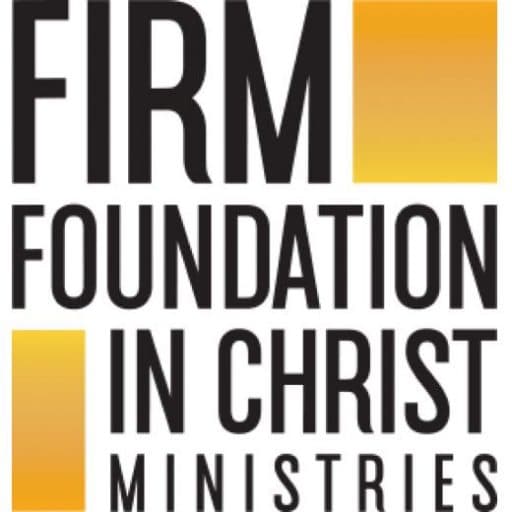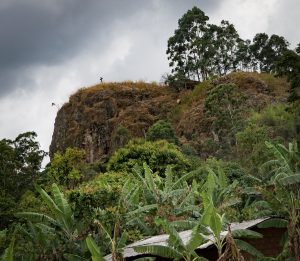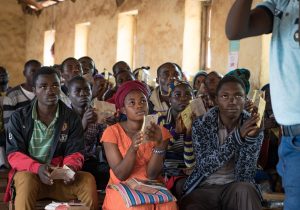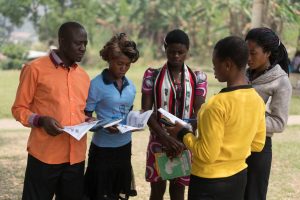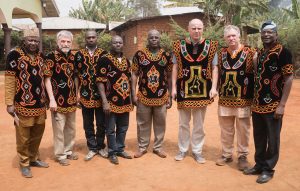Tension. Protests. Violence. Food shortage. Cameroon has been in a critical condition for the past few years. A country with two official languages, the English and French speaking populations have been at odds since 2016. It began when the English-speaking populous spoke out about their sense of oppression by the French-speaking populous. With only one of their 36 government ministers being Anglophone, many felt unrepresented within the government and began to peacefully protest. However, the attempts to begin a conversation for change were unfruitful and answered with more repression.
Peaceful protests were met with violence, arrests, and alleged sexual abuse by armed forces. Basic government practices continued to put the Anglophone population of Cameroon at a gross disadvantage. French-speaking teachers were sent to teach in English-speaking regions, so students struggled to learn. French magistrates who know nothing about the local laws practiced by English speakers were sent into Anglophone regions to act as judges. Internet was disconnected in English speaking areas to control civilians and cut communication between rebellious groups. All of these unjust actions by the government led a group to begin a separatist movement, advocating for the creation of a new country called Ambazonia—a section of Southern Cameroon that could be designated for the English-speaking Cameroonians. However, these advocacy efforts from the succession group fell on deaf ears. The government still refused to engage in conversation and continued their attempts to subdue this “rebel” faction.
Since then, the government and separatist group have clashed against one another, creating wreckage in their wake. Over the past several months, the civil unrest and tension has grown exponentially, putting innocent Cameroonians in dire circumstances. The people are fearful of both the armed forces and insurgents. This humanitarian crisis rages on in Cameroon; however, with very limited news coverage and reports coming out of the country, many stories remain untold.
Hilltop above Mbingo
The violence between the freedom fighters and the government has driven masses from their homes, their cities, their normal daily lives. Hundreds have been displaced, at least five villages have been abandoned, many lives have been lost on both sides of the fighting, and now civilians have become refugees in their own country.
Three areas involved with this refugee situation include Anyadua, Belo, and Mbingo. FFICM has connections to each of these locations through past trainings, current ministry partners and team members living nearby.
We held a training for a large group of youths in Anyadua a few months ago (pictured below)—the city is now a ghost town; everyone went into hiding in the bushes or fled to nearby towns and despite our best efforts, we are still uncertain of the whereabouts and safety of our young trainees. We continue to pray for their safety wherever they may be.
Youth trainees from Anyadua
Many people fled to Belo initially, until military forces came in with the intentions to target and kill all young people for their possible links to the separatists. The Mbingo area is now where refugees have turned to—the Mbingo hospital compound remains a semi-neutral zone, though the area around has still experienced violence and destruction.
May 20th marked Independence Day, also known as National Day, a time to celebrate the unity of the country—despite how ironic that might sound. The government threatened some civilians and university students to attend celebrations and imposed curfews in English-speaking regions of the country, while the freedom fighters gave ominous warnings to citizens to stay indoors on the day because of their plans retaliate against the celebrations.
The hillside above the Mbingo hospital became a significant location to refugees and hospital workers on National Day. The government had burnt the homes of many hospital workers prior to the day (without any casualities), causing them great distress and leaving some with nothing but the clothes on their back. Insurgent forces alerted those living nearby to leave the hilltop before May 20th because they planned to wage war in the area.
The warning was cryptic and disheartening to hear because many of those in the village were there as refugees and did not necessarily have a safe place to take shelter indoors. Despite this menacing message, we praise God for the safety of the people in Mbingo—all the civilians were able to clear the area and were not caught up in the violence. The day resulted in an armed conflict between the separatists and the military on the hilltop, which concluded with at least one death on each side.
Young adults practicing their training materials in Mbingo
In the midst of all of this, we thank God for the small group of individuals who are doing all they can to help the refugees while experiencing a food shortage. One of our contacts in particular, Florence, and her family, has witnessed firsthand the multitudes in need of assistance, shelter, and food. In her area alone there are at least 50 families—over 500 individuals—who have been displaced. The Mbingo hospital is now filled to capacity with refugees, and the hospital workers can only provide so much aid for fear of government involvement.
As the FFICM team prays over all these circumstances in Cameroon, we work to find our role in all of it. Our hearts are with our brothers and sisters from Anyadua, those who have become refugees all over the country, and those who have lost loved ones because of the brutality. We want to determine the best way to offer support and encouragement to the refugees and our ministry partners in Cameroon, but we are still uncertain about what that looks like.
Rich and Rick with Cameroon trainers
We know that God still reigns in this darkness—he is protector, provider, and peacemaker. We have seen how He has protected civilians time and time again. We have faith that He is working and will reveal His will to us.
Having prayed for other countries in turmoil, like Ethiopia, and seeing those prayers for peace answered, we know that God can open the same opportunities for peace and conversation in Cameroon. In Jesus’ name we pray!
Please be praying for our organization as we search for our role in the refugee crisis. We ask the Lord for direction, guidance, and discernment. Also be praying for Cameroon. We pray for provisions, safety, and comfort for the refugees, and protection for other civilians. And of course, be praying for peace between the opposing forces. Our God is bigger than this battle. May his peace reign!
